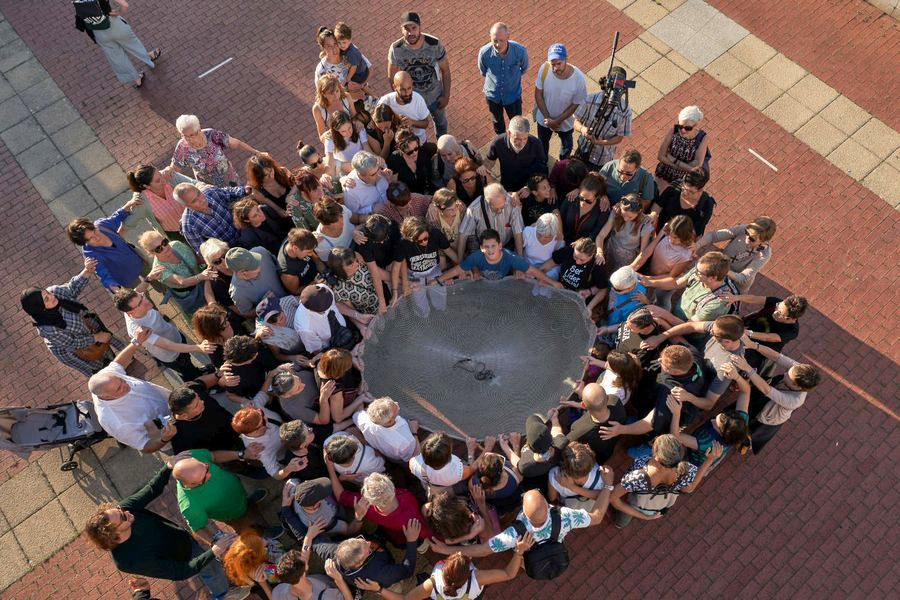Searching for the Language. A Possible Dialogue between Artistic, Activist and Curatorial Practices
Buscant el llenguatge. Un possible diàleg entre les pràctiques artístiques, activistes i curatorials
DOI:
https://doi.org/10.1344/regac2024.10.47186Palabras clave:
neo-extractivism, politics of display, anti-colonial narratives, land recovery, social practices, collaborationResumen
This paper delves into the project SILVER RIGHTS (2020-2022), initiated by Italian artist Elena Mazzi in dialogue with Mapuche spiritual leader and silversmith Mauro Millán and Argentinian artist Eduardo Molinari, and supported by ar/ge kunst. As cultural operators, a visual artist and a curator, we felt the importance of sharing this project we have been working on for several years, unpacking complexities and difficulties we encountered along the way. SILVER RIGHTS unfolds around the role that silver jewelry plays in the social, spiritual and political life of The Mapuche, the Indigenous people inhabiting lands across Chile and Argentina. Accordingly, the central nucleus of the project consists of a series of six silver jewellery pieces crafted by Mauro Millán and designed in dialogue with Elena Mazzi following workshops on symbologies and current struggles, held with numerous members of the Mapuche community. Furthermore, the project confronts the Museum Leleque in Patagonia, established by Italian company Benetton; a museum that dismisses the Mapuche people as an extinct culture ‘museumizing’ their memory and material culture. The jewels, alongside a complex installation display with documentary and research materials, have been exhibited at ar/ge kunst, Italy, and other international venues. Drawing on anthropologist Viveiros de Castro’s (2007) writings, the paper reads the dialogue between Mauro Millán and Elena Mazzi, as practice towards inventing of culture and inter-ethnic politics. More generally, through the work of Azoulay (2019), Acosta (2013) and Esposito Yussif (2019) the paper addresses how contemporary cultural institutions preserve separative and neo-extractivist practices. Ultimately, it aims to propose ways in which exhibition-making and display politics can activate mediation, recomposition, and healing as countermeasures against the perpetuation of colonial narratives.
Descargas
Publicado
Número
Sección
Licencia
Derechos de autor 2024 Revista de Estudios Globales y Arte Contemporáneo

Esta obra está bajo una licencia internacional Creative Commons Atribución 4.0.
Los/las autores/as que publican en esta revista están de acuerdo con los términos siguientes:
- Los/las autores/as conservan los derechos de autoría y otorgan a la revista el derecho de primera publicación de la obra, que se difundirá con la licencia de reconocimiento de Creative Commons que permite compartir la obra con terceros/as, siempre que estos/as reconozcan su autoría, su publicación inicial en esta revista y las condiciones de la licencia.
- Los/las autores/as son libres de establecer acuerdos contractuales adicionales independientes para la distribución no exclusiva de la versión de la obra publicada en la revista (como por ejemplo su publicación en un repositorio institucional o en un libro), siempre que se reconozca su publicación inicial en esta revista.
- Se anima a los/las autores/as a publicar su obra en línea (en repositorios institucionales o en su página web, por ejemplo) antes y durante el proceso de remisión, con el objetivo de conseguir intercambios productivos y hacer que la obra obtenga más citas (véase The Effect of Open Access, en inglés).



